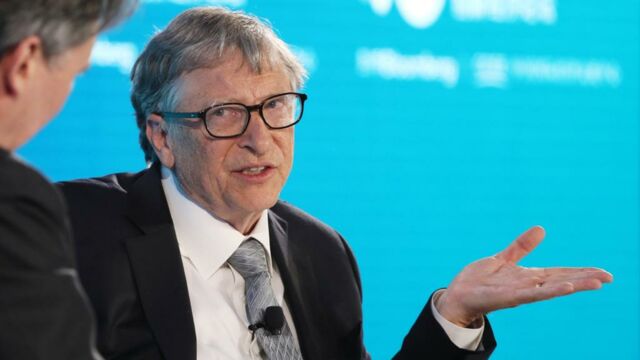Half a decade ago, amidst the surge of the Ebola and Zika epidemics, Bill Gates had warned about the apparition of COVID-19. The former viruses did not have nearly as much of an impact as the present-day coronavirus, but it did prompt him to donate large sums of money to the Coalition for Epidemic Preparedness Innovation (CEPI) in an attempt at facilitating research.
Discover our latest podcast
A $150 million donation
Today, Gates is urging governments around the world to contribute to the preparedness of future viruses to avoid worst-case scenarios, as he worries the worst could still be ahead. As a result of his grim predictions, the Bill and Melinda Gates Foundation has pledged $150 million to CEPI in the fight against the current pandemic, as well as any resources needed for future pandemics. The world's fourth-richest man explained:
As the world responds to the challenge of a rapidly evolving virus, the need to deliver new, lifesaving tools has never been more urgent.
Our work over the past 20 years has taught us that early investment in research and development can save lives and prevent worst-case scenarios. Five years ago, following the Ebola and Zika epidemics, our foundation helped launch CEPI.
And added:
Today, we’re increasing our commitment and pledging an additional $150 million to help CEPI accelerate the development of safe and effective vaccines against emerging variants of the coronavirus and to prepare for, and possibly even prevent, the next pandemic.
Read also:
- How will Bill and Melinda Gates split their fortune after the divorce?
- Bill Gates predicted COVID in 2015, here's what he thinks will happen next
- Did the Simpsons predict coronavirus 28 years ago?
CEPI's mission
Currently, the coalition is working towards ensuring that the maximum amount of time that it would take to come up with a specific vaccine does not surpass 100 days. Additionally, Bill Gates believes that the real problem lies in the lack of resources given to lower-income countries. Once this has been effectively dealt with, only then will our chances of surviving the next pandemic be promising, according to the businessman. He explained:
Creating new vaccines isn’t enough. We also have to make sure that everyone who can benefit from vaccines has access to them, and that’s where the world has collectively failed in its response to COVID.
Before adding:
While at least 9 billion doses were distributed in the past year, less than one percent went to people in low-income countries.















